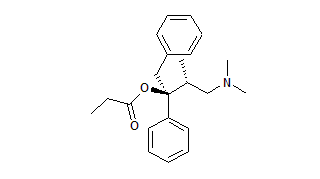Vitamin B may reduce risk of heart disease: In the news item (14 February, p 498) it was wrongly stated that vitamin B6 levels of more than 4.6 [micro]g a day protects against heart disease. It should have stated 4.6 mg a day.
Doctors to face disciplinary action over Irish hepatitis C scandal: The news item (10 January, p 93) stated that Dr Jack O'Riordan died before the scandal broke. However, he is still alive and took part in the inquiry. The BMJ would like to apologise for any distress the error may have caused.
Systematic overview of co-proxamol to assess analgesic effects of addition of dextropropoxyphene to paracetamol
An editorial error occurred in this paper by Li Wan Po and Zhang (13 December, pp 1565-71). In figure 2 the mean rate ratios (95% confidence intervals) for moderate to excellent pain relief between treatments should have been given as numbers [not as percentages, as published].
[Figure 2 ILLUSTRATION OMITTED]
Survival is better indicator than mortality in geographic, comparisons of health
An editorial error occurred in this letter by P A West (14 February, p 556). The wrong address was given for Dr West, who does not work for Berkshire Health Authority; his correct address is the Department of Public Health Medicine, Division of Public Health Sciences, UMPS, St Thomas's Hospital, London SE1 7EH.
COPYRIGHT 1998 British Medical Association
COPYRIGHT 2000 Gale Group



